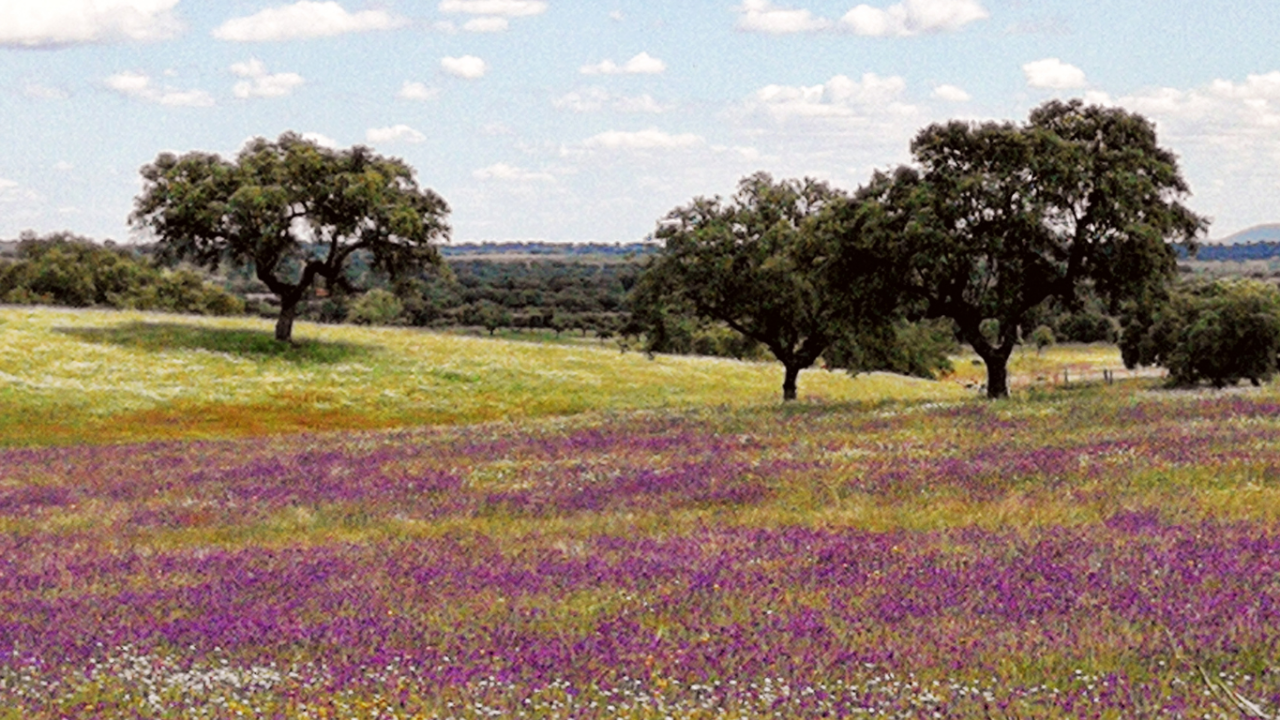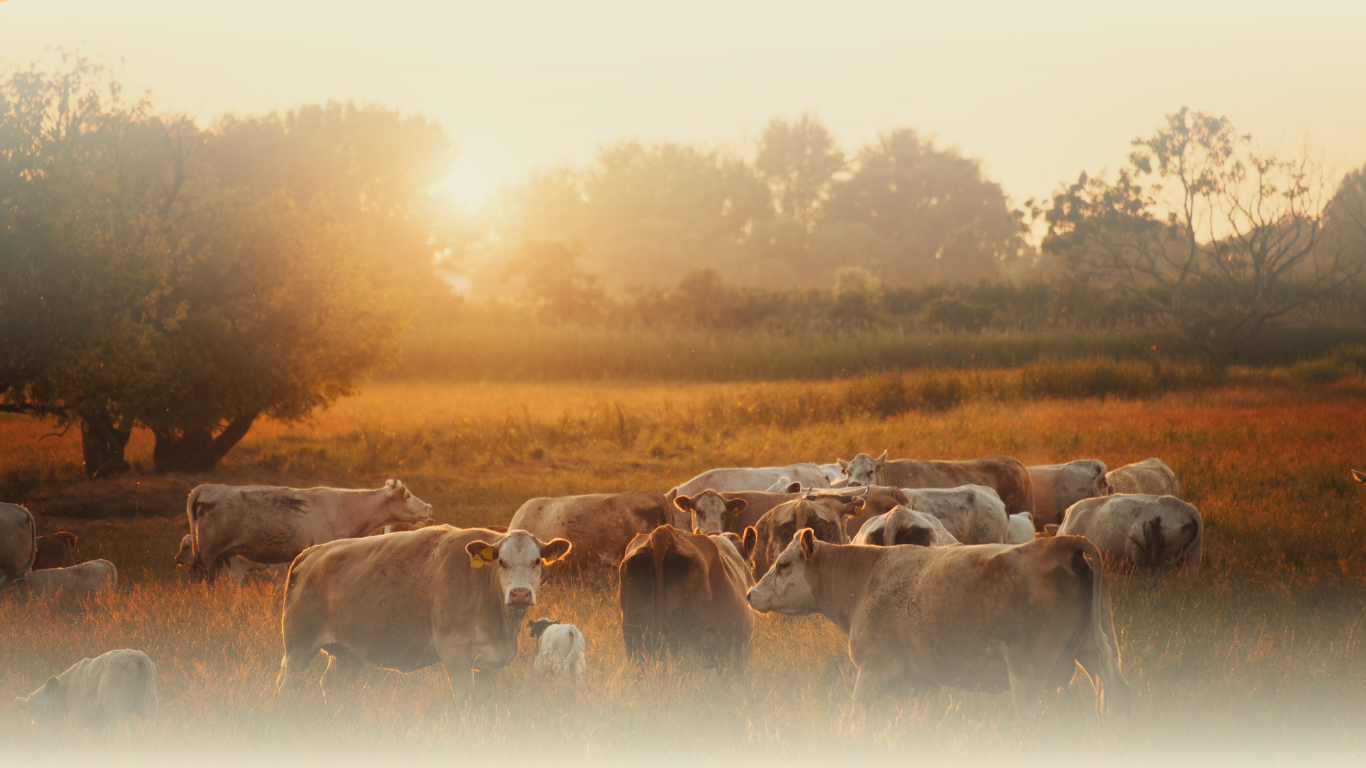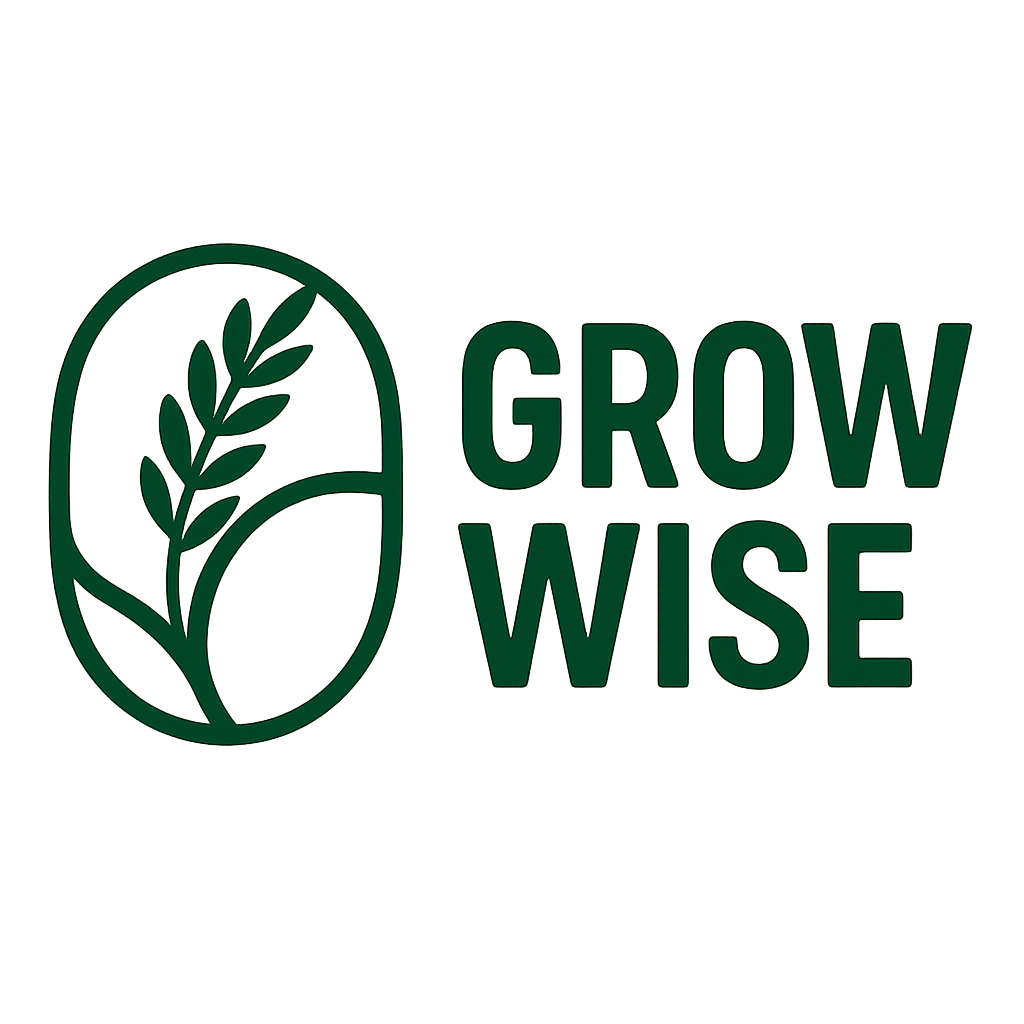Reading the Land: Policy, Culture, and the Future of Portugal’s Montado
Sep 24, 2025
What Does It Mean to Read a Landscape?
For farmers, it means noticing which grasses appear after autumn rains, which soils hold water longest, and which oaks carry acorns through the dry summer. For policymakers, it means understanding that every decision, rule, or support measure has real effects on the land. For communities, it means recognizing that culture and cuisine are not separate from ecology but living expressions of it.
In Portugal’s Alentejo region, the Montado ecosystem shows how people and land have coexisted for centuries. It is a landscape of oaks and pasture, of pigs and sheep, of wild herbs and mushrooms, of families and traditions. It is also a system that today faces new challenges, from rising land prices to changing markets and evolving agricultural frameworks.
The Montado teaches us something essential. Regeneration is not just a technical matter. It is carried forward by people living in their context, making decisions rooted in values, and caring for the land as their common home.
The Montado as a Living Mosaic
The Montado is not simply forest, nor pasture, nor cropland. It is a mosaic of life and culture. Cork oaks and holm oaks stand scattered across rolling hills. Beneath them grow pastures, cereals, and fallows. Sheep and cattle graze, pigs feed on acorns, bees gather nectar, mushrooms rise after autumn rains, and families harvest herbs and honey.
This richness is no accident. It is the result of centuries of agro-sylvo-pastoral practice, where trees, crops, and animals were deliberately combined into systems resilient enough to thrive in Mediterranean climates. The Montado has always been multifunctional: cork harvested every nine years, acorns feeding animals, wood for fuel, honey and mushrooms enriching diets, and, most famously, the Porco Alentejano, the acorn-fed pig that became a symbol of regional gastronomy.
It is also one of Europe’s most biodiverse landscapes. Meadows filled with wildflowers, bird habitats, and insect communities show that this is both cultural heritage and ecological heritage, woven together by centuries of stewardship.
Reading the Land Through History
The Montado is also a history book. Romans introduced olives and vines. Moors brought irrigation and crops. Portuguese explorers returned with seeds from Africa and the Americas. Over centuries, families pruned oaks, managed grazing, and built villages, chapels, and mills.
This shows us something important: landscapes are never static. They are co-creations of people and nature. The Montado is proof that humans are part of ecosystems, not separate from them.
A Guideline for Policy and Practice
Policies, subsidies, and market signals have a powerful influence on landscapes. At times, the results have encouraged intensification or simplification. In other cases, they have supported resilience. What matters most is context.
Holistic Management provides a framework to guide decisions by always considering three dimensions together: ecosystems, people, and economy, all within the structures of governance.
It rests on three key pillars:
-
A shared holistic context – a collective vision of the quality of life we want, the forms of production that can sustain it, and the resource base we depend on.
-
Decision testing – asking if each choice strengthens or weakens the four ecosystem processes: energy flow, water cycle, mineral cycle, and community dynamics.
-
Feedback loops – adapting policies and management as outcomes are observed, in the same way grazing plans adjust to rainfall and recovery.
This approach turns policy and practice into tools for tending the relationships that sustain our common home.
Gastronomy as a Cultural Compass
The Montado is not only about ecology and economics. It is also about food and culture. Every wheel of cheese, every cured ham, every jar of honey tells the story of the land it comes from.
When food traditions are aligned with ecosystem health, both thrive. Gastronomy rooted in local rhythms- acorn cycles, mushroom seasons, wild herbs - keeps culture alive while sustaining farmers and landscapes. Supporting high-quality, place-based foods is not nostalgia; it is a practical strategy that strengthens rural economies, enriches culture, and cares for the land that feeds us.
Opportunities for Growth in the Next Decade
The Montado and similar systems show that investing in regeneration is both ecological and financial. Over the next ten years, holistic and context-based approaches could unlock:
-
Increased grass productivity, reducing the need for external feed.
-
Healthier soils that hold more rainfall, lowering irrigation costs.
-
New income from carbon markets through soil restoration.
-
Diversified revenue from cork, acorns, livestock, honey, mushrooms, herbs, and tourism.
-
Higher market value for unique gastronomic products like acorn-fed pork and regional wines.
-
Shared livestock management models that reduce costs and regenerate land more quickly.
-
Outcome-based support tied to soil cover, biodiversity, and water quality.
-
Lower input costs by reducing reliance on fertilizers and purchased feed.
-
Cultural tourism that values heritage landscapes and food traditions.
-
Stronger communities that pass on both land and values to the next generation.
Choosing Meaning Over Comfort
Farmers and policymakers alike face choices. Short-term comfort may offer immediate relief. But meaning - managing for the whole, restoring soil, keeping water in the ground, nurturing biodiversity - builds resilience that lasts across generations.
The Montado shows that a meaningful life rooted in land, food, and culture is stronger than temporary comfort. Meaning creates continuity, dignity, and abundance.
Conclusion: Our Common Home
To read the land is to see that plants respond to the circumstances they find, and people do the same. Everyone seeks places where life can thrive.
When we manage our farms as if they stand alone, or design businesses and policies without considering the whole, we create fragmentation. When we design from shared values, tested against the four ecosystem processes, we create the conditions for both people and land to flourish.
Nature is not sustained by competition alone, but by cooperation and symbiosis. The Montado reminds us of this every day, showing a living partnership between people, trees, animals, soil, and culture. It is not separate elements but one whole system.
Management becomes the daily practice of tending the relationships that keep our common home alive.
The Montado of Portugal is more than a regional landscape. It is a living example of how people and nature can co-evolve to create biodiversity, culture, and resilient economies.


